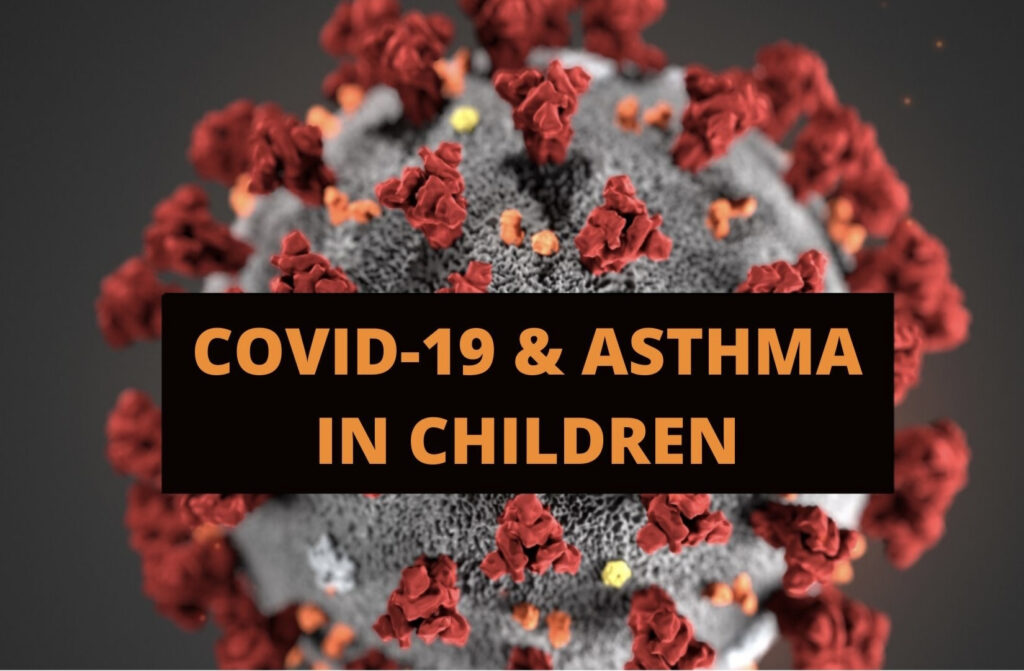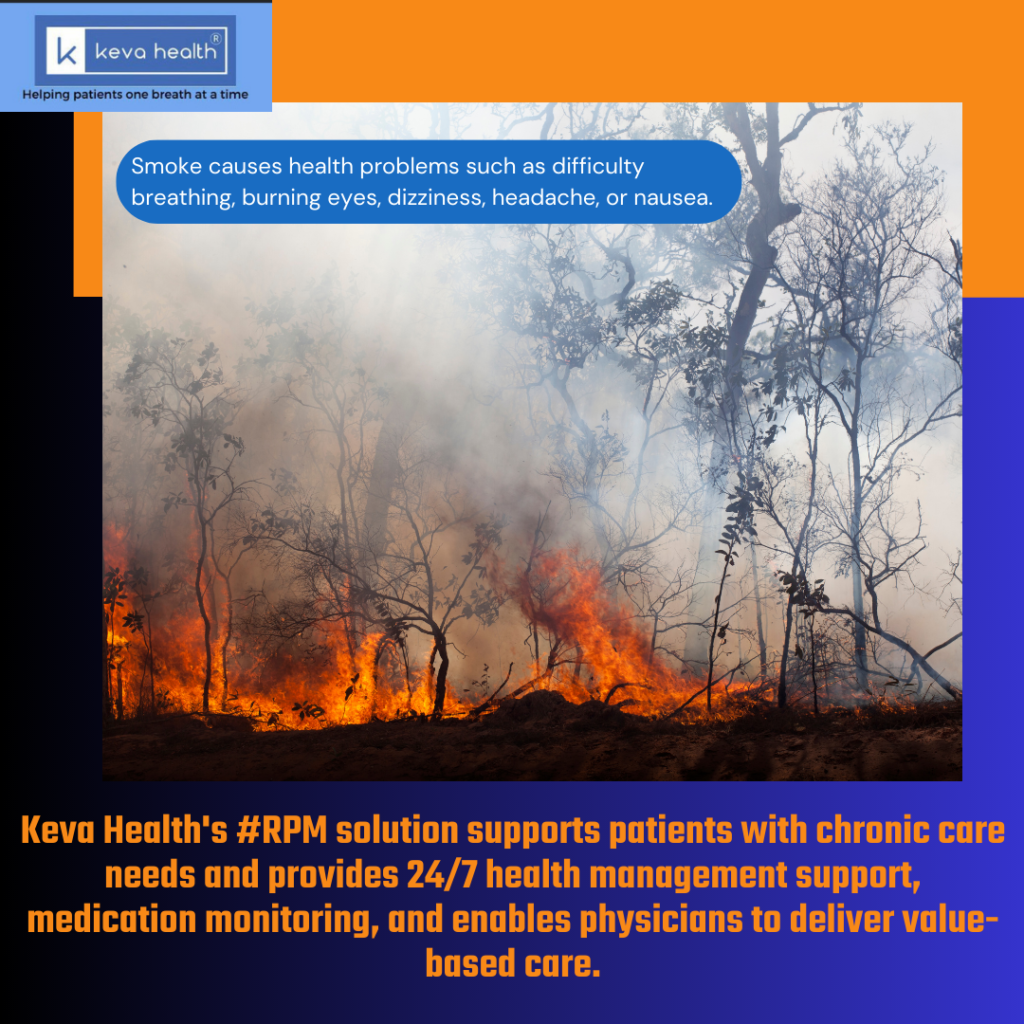
Asthma is a chronic condition that requires a team of dedicated healthcare professionals to manage effectively. If you or a loved one has asthma, you may interact with a variety of specialists, each playing a crucial role in controlling symptoms and improving quality of life. Let’s take a look at the healthcare heroes who help you breathe easier.
Primary Care Physicians (PCPs)
Your journey with asthma often begins with a primary care physician. PCPs, including family doctors and internists, are responsible for diagnosing asthma, prescribing initial treatments, and referring you to specialists when necessary. They monitor your condition and help manage mild to moderate asthma cases.
Pulmonologists
Pulmonologists are lung specialists who focus on respiratory conditions, including asthma. If your symptoms are severe or difficult to control, a pulmonologist can provide advanced treatments, conduct lung function tests, and tailor your medication plan to keep your asthma under control.
Allergists/Immunologists
Since allergies often trigger asthma symptoms, an allergist or immunologist can be a key part of your care team. These doctors perform allergy tests to identify specific triggers and recommend strategies such as immunotherapy (allergy shots) or avoidance techniques to help manage your condition more effectively.
Pediatricians
For children with asthma, pediatricians are essential. They provide specialized care tailored to young patients, ensuring that asthma management fits a child’s developmental needs. Pediatricians educate parents on medication use, symptom recognition, and emergency preparedness.
Respiratory Therapists
Respiratory therapists work alongside doctors to help patients understand how to use inhalers, nebulizers, and other breathing treatments correctly. They provide guidance on breathing exercises and lifestyle changes that can help improve lung function and reduce flare-ups.
ENT Specialists (Otolaryngologists)
Ear, nose, and throat (ENT) specialists may be involved in asthma care when sinus issues, nasal polyps, or chronic rhinitis contribute to breathing difficulties. By addressing upper airway concerns, ENT doctors help reduce complications that could worsen asthma symptoms.
Pharmacists
Pharmacists play an important role in asthma management by educating patients on proper medication use, potential side effects, and drug interactions. They ensure you have access to the right prescriptions and provide valuable advice on inhaler techniques and over-the-counter options.
Emergency Medicine Physicians
During severe asthma attacks, emergency medicine doctors provide lifesaving care. They administer fast-acting treatments such as oxygen therapy, bronchodilators, and corticosteroids to stabilize patients experiencing acute respiratory distress.
Your Role in Asthma Management
While these healthcare heroes are essential in managing asthma, you also play a crucial role in your own care. Keeping track of symptoms, following your prescribed treatment plan, avoiding triggers, and maintaining regular check-ups with your doctors can help you stay on top of your condition.
Asthma care is a team effort, and with the right support, you can lead a full and active life. Whether you rely on your PCP, pulmonologist, allergist, or any other specialist, know that these dedicated professionals are here to help you breathe easier every day.



Leave a Reply
You must be logged in to post a comment.